“Would you get out of bed and leave your home for two dollars?”
If you have been conducting backgrounds long enough you know that every background screening company, except VERIFI, utilizes researches to pull records from the court houses. There is ONE major reason why. COST. The courts, or in every case, the clerk of court charges for civil & criminal records. They realized about 20-years ago there was money to be made charging for this information. Prior to this and before the internet became a real thing, requests were made via fax, snail mail, or by calling. Granted it was usually free in many cases, but you had to rely on them responding in a timely manner. But what it did for us was develop long term relationships with these clerks. Doing this now for almost 4 decades myself I got to know almost every clerk, sheriff or troop commander in the U.S.
I digressed there but now to the point. Background screening companies began to use researches because of cost. Companies generally pay a researcher two dollars per name. Let’s think about this for a minute. You as the customer are dependent upon your vendor and their researcher getting out of bed and driving to the courthouse and finding a place to park. But that’s not the least of it. It may be raining, snowing, freezing cold or blistering hot outside. On top of that if they do go to the courthouse generally the computers are in use by landmen, title researchers, abstractors, or another researcher. That is if the computers are working.
The question I ask is “would you get out of bed and leave your home for two dollars?” Generally, most people would say no. So how can you trust the information you are receiving? You can’t.
At VERIFI we are directly connected to EVERY courthouse and law enforcement agency in the U.S. But our customers are not just hiring people from the U.S. They also hire people from, Canada, Central and South America. Does it cost more? Yes. Too us it does but you are getting certified criminal records in return. Which means you are far less likely to be a party of a Negligent Hire lawsuit or suffer from morale problems because of a bad hire that creates a hostile work environment.
Don’t let a bad hire ruin your day.
